Artificial Intelligence (AI) is undoubtedly one of the most transformative technologies of our time. Its applications are wide-ranging and have the potential to reshape various aspects of our lives. However, as AI becomes increasingly integrated into our societies, it’s crucial to examine its effects on different segments of the population, including women. In this blog, we’ll explore the rising use of AI and its potential impact on women, both positive and negative.
AI in the Workplace
One area where AI is making significant strides is the workplace. Automation and AI-driven tools are becoming increasingly common, which can lead to more efficient and productive work environments. However, the impact of AI on women in the workforce is not uniform. On one hand, AI can help reduce bias in hiring by screening candidates based on skills and qualifications rather than gender. It can also offer more flexible work arrangements, which may benefit women who often bear a disproportionate burden of caregiving responsibilities. Remote work facilitated by AI-driven technologies can provide women with opportunities for work-life balance.
On the other hand, there are concerns that certain AI algorithms used in hiring processes might inadvertently perpetuate gender bias if they are trained on biased historical data. Additionally, as AI takes over some tasks, there is the potential for job displacement in industries traditionally dominated by women, such as administrative and customer service roles.
Healthcare and AI
AI is revolutionizing the healthcare industry with applications ranging from diagnosis to treatment planning. For women, this could mean more personalized and efficient healthcare. AI can analyze vast amounts of data to identify patterns and trends, leading to earlier detection of diseases and more effective treatment plans.
Furthermore, AI-powered virtual health assistants can provide women with valuable health information and guidance. These virtual assistants can help track menstrual cycles, offer advice on pregnancy and childcare, and even provide mental health support.
However, there are concerns about data privacy and the potential misuse of sensitive health information, especially for women who already face challenges related to the privacy of their reproductive health.
AI and Gender Bias
One of the most critical issues surrounding AI is the potential for algorithmic bias. AI systems are trained on vast datasets, and if these datasets contain biases, the AI can perpetuate and amplify those biases. For women, this can result in discriminatory outcomes in areas such as credit scoring, criminal justice, and even access to education.
Addressing gender bias in AI algorithms is a significant challenge that requires transparency, diverse representation in AI development, and ongoing monitoring and evaluation of AI systems.
Empowering Women in AI
To ensure that women benefit from AI technologies and are not disproportionately harmed, it’s essential to encourage more women to pursue careers in AI and related fields. Women should be actively involved in the development and decision-making processes surrounding AI.
Furthermore, AI education and training should be accessible to all, regardless of gender, to empower women with the skills and knowledge to participate in the AI-driven future actively.
Conclusion
The rising use of AI has the potential to impact women in various ways, both positive and negative. While AI can offer opportunities for gender equality in the workplace, personalized healthcare, and more, it also presents challenges related to bias and data privacy. It’s crucial to address these issues, empower women in AI, and promote ethical AI development to ensure that the benefits of AI are shared equitably among all members of society, regardless of gender. Only then can we fully harness the potential of AI for the betterment of all.

